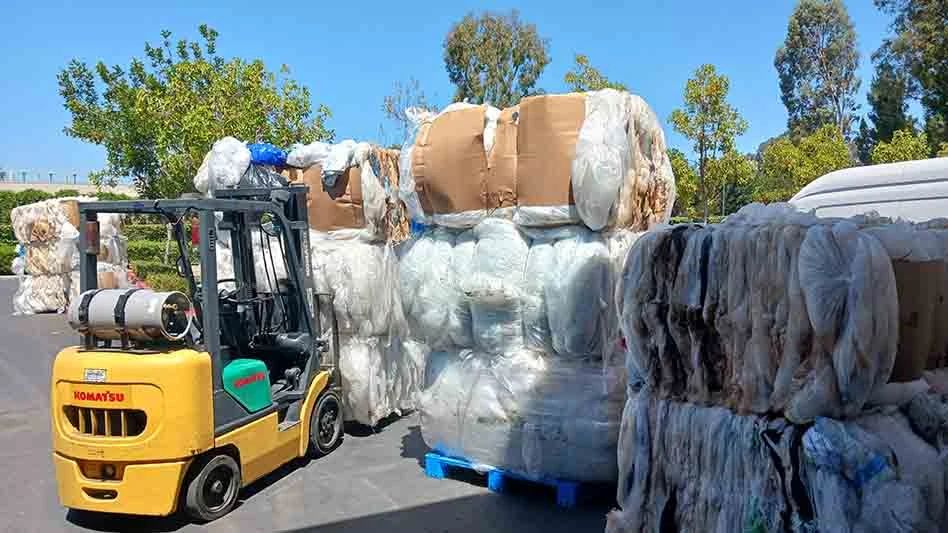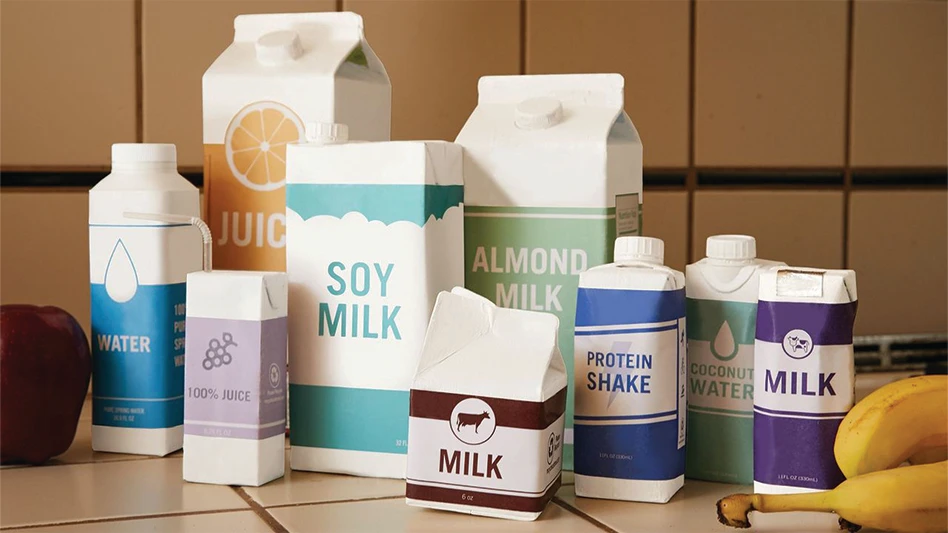Media organizations, provided they operate with the sincere intention of being neutral observers when distributing news content, must always be on the lookout for words and phrases that sneak in points of view merely by their use.

Having worked in the business-to-business media sector for my entire career (20 of those years with Recycling Today), I am fortunate to seldom have to parse the phrasing of dueling political parties or saber-rattling countries. Nonetheless, even in a niche media sector, the use of subjective terminology can come into play.
Is a product or technology green, sustainable or renewable merely because the company or organization issuing the press release says it is? Conversely, if a news release refers to something as destructive, wasteful or toxic, is an editor obliged to automatically accept it as so?
Being on the lookout for “loaded” adjectives is just one aspect of trying to be an impartial distributor of news that often originates from press releases issued either by companies seeking a sales advantage or nonprofit organizations with an agenda.
How organizations and people label themselves and others can offer another way to fly under an editor’s radar and sneak in some subjective points of view.
One of the trickier cases involves using the word “environmentalist” or the phrase “environmental advocate.” Once a person or group has this status conferred upon it, is anyone who disagrees with such a person or organization then anti-environment?
Further complicating matters is the notion that “environmentalists” are a unified cabal acting in concert, much like “Hollywood,” “Wall Street,” “corporate America” or “the mainstream media,” one supposes.
In the recycling sector, a secret cabal often alluded to is “the Chinese.” Granted, one ultimately can look upward in China and see, in fact, a cabal is making decisions at the highest level. (That’s not really a secret.) However, when it comes to buying and selling scrap, hundreds of companies and thousands of traders are doing the buying in China, conducting transactions involving two or more people who have reached an agreement.
I am reminded regularly by recyclers and their equipment suppliers alike that people do business with people. Yes, statistics can measure how much scrap Turkey is buying from the United States or how much European equipment has been sold in North America. But behind those statistics are people, who will conduct business within and across borders with other people they know and trust.
In our task of covering the industry, the Recycling Today staff will continue to focus on people and strive to avoid labels. I close by urging readers to help us with this. If you see a loaded adjective or a generalized label in one of our news items, let me know at btaylor@gie.net. I may be sorry to see we’ve slipped up, but I’ll be happy to hear from you about it!
Get curated news on YOUR industry.
Enter your email to receive our newsletters.

Explore the November 2017 Issue
Check out more from this issue and find your next story to read.
Latest from Recycling Today
- Arizona AG says consumers were misled over recycling bags
- PRE warns European plastic recycling industry facing ‘imminent collapse’
- NWRA, Informa partner to launch Waste Leadership Summit
- Circular Action Alliance appoints new executive director in California
- Aduro reports fourth-quarter, FY25 results
- EverestLabs announces first international deployment
- Sunnyvale, California, awards contract to BHS
- Scrap Expo session preview: Technology Spotlight—Refining Recovered Metal






